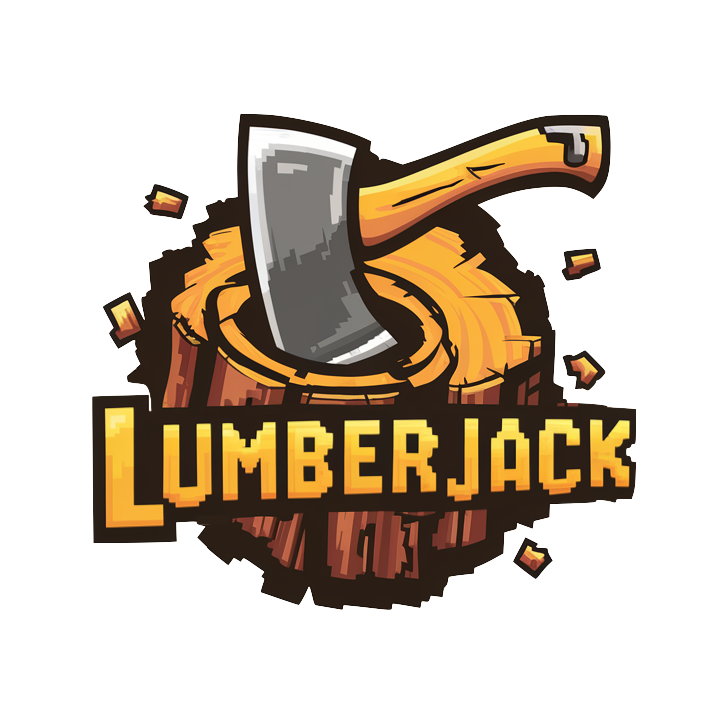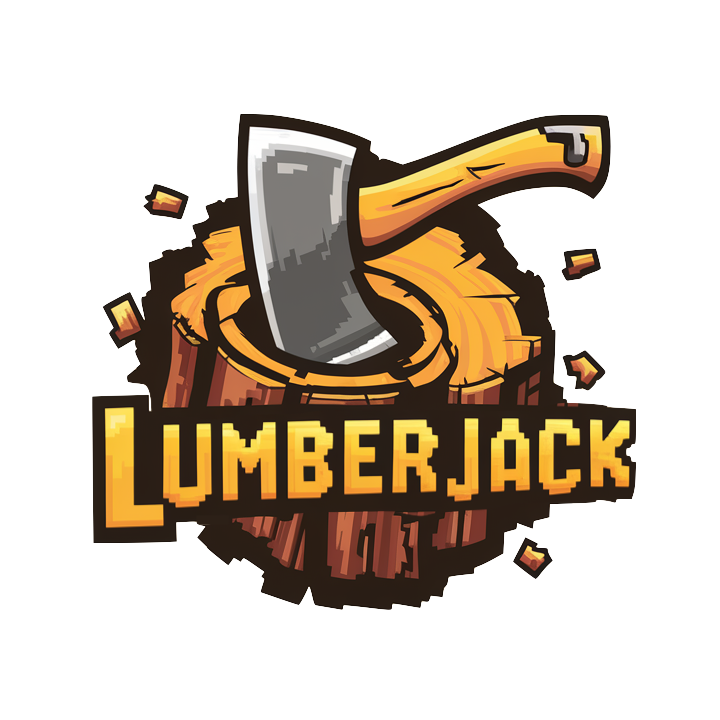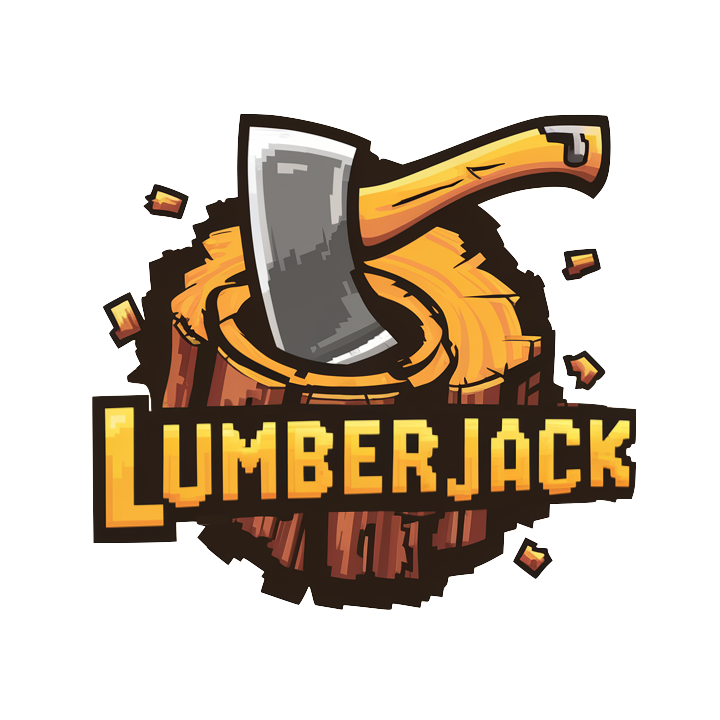TL;DR: Today’s post is about some nostalgia and the core principle about why I think most people should learn no-code tools.
I’m a gamer.
By the time I was 3 years old, I could assemble the cheap SNES knockoff my dad bought from some Serbian smugglers. I would wake up early before my parents, plug it in, and play Super Mario while my parents slept.
The real game changer (sorry) happened when I was 11. I finally had enough money to buy a local PC gaming magazine that was published once a month. It was sold cling-wrapped because it contained one or multiple CDs. On one of those CDs, there were playable game demos, free, and shareware programs. But it almost always came with another CD. A videogame. An actual, fully playable, original video game.
We were poor so the thought of paying hard-earned money on something so stupid like a video game was out of the question. But thanks to my first big financial decision, the publishing team at PC Guru and my fascination with dragons, I finally took a big step toward gaming:
I bought my first video game: Might and Magic VI.

It sucked me in. I put more than 500 hours into it. I completed every quest, collected every treasured, and slayed every monster I could find. It became like another life I was living.
I had a friend who was also into the game so we regularly discussed our progress, and shared tricks.
I thought the ability to just escape to another world and be a hero was awesome. I could be a knight, a druid, or a rogue. I could learn how to trade, join guilds, and do all sorts of cool stuff. But there were things I couldn’t do in the game. I couldn’t climb trees or dig a hole in the ground, marry the princess or buy a castle.
I had this entire living ecosystem at my disposal. I was granted full agency to be the envoy of peace or the harbinger of death, yet I was frustrated that I couldn’t do what I wanted. I felt some things in the game was just…badly made.
Then one day it hit me. Next time, when I met my friend, I looked at him and said:
“We should make our own video game!“
What could go wrong?
Coding is hard, man
This was in 2001 and I was an 11-year-old kid on a mission.
I asked our IT teacher to teach me how to make a video game.
“David dear, I don’t think anyone in this town knows how to do that.“ — she said. She looked very disappointed that she couldn’t help me but she was right. I grew up in a small town in rural Hungary. We didn’t have a car until I was 13 and I genuinely thought every kid on the planet had to learn how to grow vegetables and tend to animals by the time they were 14.
“Fuck it, I’ll figure it out on my own” — I thought.
So I started looking for books… I went to the town library and started searching for books on video game development.
I got a book on C++ and started reading it.
It was very complicated. I was good at math but I was about 5 years away from learning even the basics of calculus. It was becoming clear that I was in way over my head but I’m not one to give up easily.
My friend and I started meeting after school trying to work ourselves through the C++ book. Then after a few weeks of trial and error (well, mostly error), I started losing hope. I was convinced nobody knew how to make video games in Hungary. Why would they? It’s a cool thing Americans do anyway.
Little did I know that 2 years prior a little game studio called Digital Reality revolutionized the 4X genre with Imperium Galactica 2. They were all Hungarians, headquartered in Budapest, Hungary.

But I didn’t know that. The only thing I knew was that I wanted to build something but I didn’t have the skills to do it and I had no idea how to acquire those skills.
So one day I looked at my friend and said to him:
Coding is hard, man. Let’s play with something instead.
Comenius Logo
A few weeks later I had an idea. I remembered a program we used at an extracurricular school event to teach us the basics of computer logic. It was called Comenius Logo.
It was built on Logo, which was originally designed in 1967.
Logo’s best known feature was the turtle. The turtle was a cursor. It was a digital representation of the education tool of the same name from the WW2 era. IT showed output from commands for movement and produced line graphics as it moved.
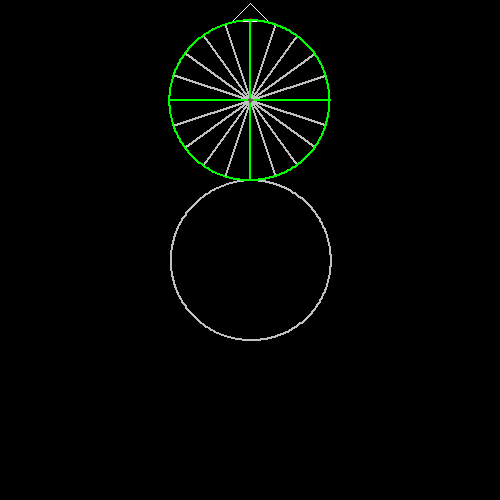
There was an application called Comenius Logo that did the same thing but in a kid-friendly way. It actually featured a turtle and if you learned how to move it around, you could draw cool things.

I was fascinated by this. Comenius Logo made the whole coding thing a lot easier to understand. Fuck calculus, this is just about moving a turtle.
So I started searching. Maybe there is software like Comenius Logo that allows me to build applications or even video games without coding.
The problem is, that kind of software didn’t exist.
So I gave up eventually. My attention wandered to another topic of interest, the same as what came of my no-code game building mission: history.
Let’s not code
One of my friends runs an IT development company in Budapest. They work with large companies like Bosch or Samsung and when I went to visit them in their office, I found an old slogan on the door: Let’s code.
“Let’s not code!” — I said jokingly. It was an open office so everyone heard what I said.
“Why?” — someone asked.
“Because there are more people with problems who can’t code than those who can.“ — I said.
“Yeah, that’s what gives us a job, right?“ — one of the software engineers commented.
“Yes but only to a very small number of people. You work for large companies who have internal developers. Most people don’t have access to that resource.“
“What do you mean?” — one of the guys looked quite perplexed.
“I mean that as we all know small businesses are the backbone of our economy. Most people work at a small business with less than 20 people. This is true in Hungary as much as in the United States. A large percentage of those companies do not have a single full time developer on payroll.“
“So what?“ — the software engineer guy seemed to double down.
“So if a company like yours would offer to solve one of their problems with a solution you expertly build, you wouldn’t just give them a solution. You would also give them another problem. You see, once you hand over the application for them, it’s game over. They need to either keep paying you or hire someone who understands what the fuck is happening under the hood.”
For most people, looking at code and understanding it feels like black magic.
Most people when they look at code and try to understand it, they get confused and overwhelmed. When they try to learn about it, they feel like I felt when I was 11 on a mission.
They’ll fuck around for a while and say: coding is hard, man.
So when you’re solving a problem for a small business, let’s not code.
Let’s use the Comenius Logo of building software.
Let’s LEGO the shit out of that problem.
No-coding is for non-tech companies
Those businesses that do not employ a single developer should not hire dev teams to build them applications. They should hire no-code builders.
Yes it might be more expensive to run it, but it will be a lot cheaper to build.
And I can teach you how to troubleshoot it in an hour, even if you’re not a techie.
Accountants, lawyers, consultants, doctors, coaches, artists…you don’t need sophisticated custom solutions for your business.
Simple, no-coded tools will do the work faster, cheaper.
We’re not in 2001 anymore. Software like these exist. I use them daily.
I build stuff like my own butler or a fully automated, AI-powered content generation system for my clients. With mostly no-code tools.
If you haven’t yet, you can read about these below:
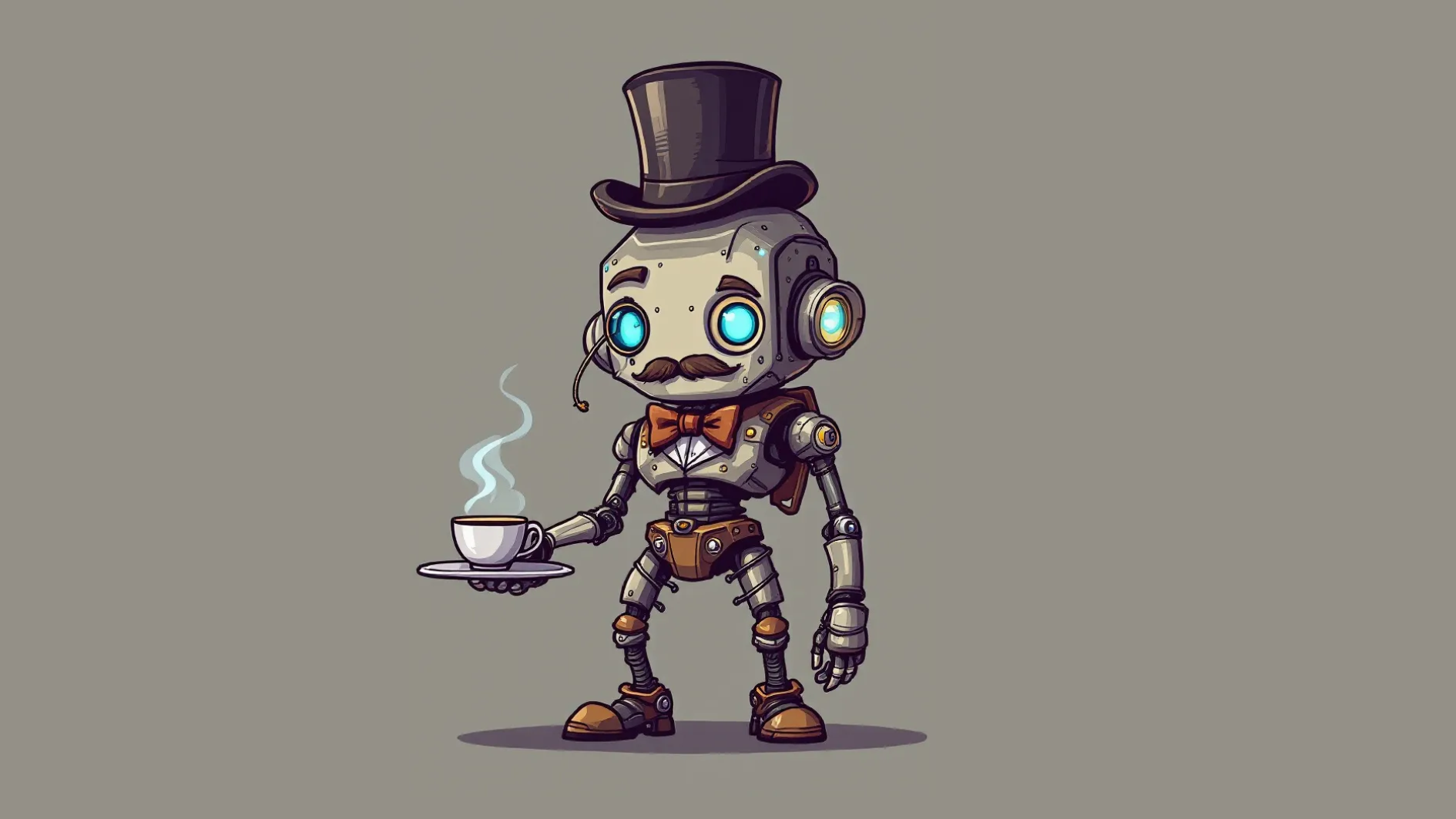

Sometimes I cheat and build custom apps, but I never write code myself. I use CursorAI to write all the code, like I did with Plain, a concept demo for a fully text-based email client. You can watch the demo video of Plain here.
I didn’t write a single parenthesis, I only used Claude 3.5 and GPT-4o to write the code for me. Then I uploaded it to a GitHub repo and deployed the app on Vercel with a single click.
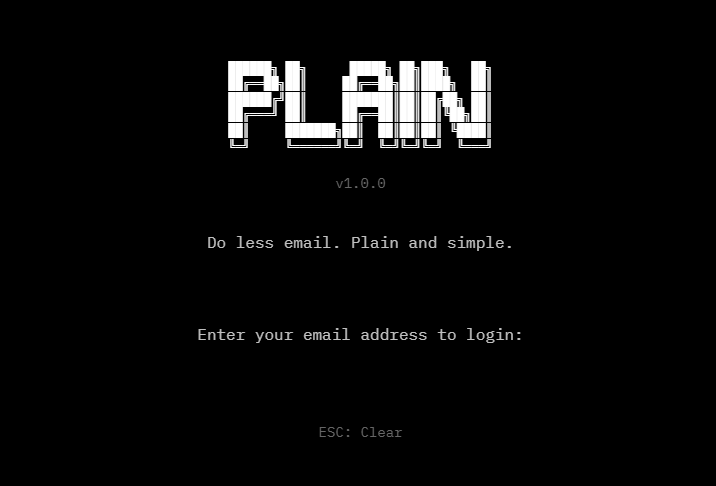
What you can do with no-code is expanding every day. The code it writes is not beautiful. It’s ugly.
Maybe that’s what we should have as a slogan. Let’s code Ugly code.
I love ugly code.
AI may not take away the job of software engineers anytime soon.
But it will definitely make software development accessible to millions of businesses who don’t want to become a tech company.
